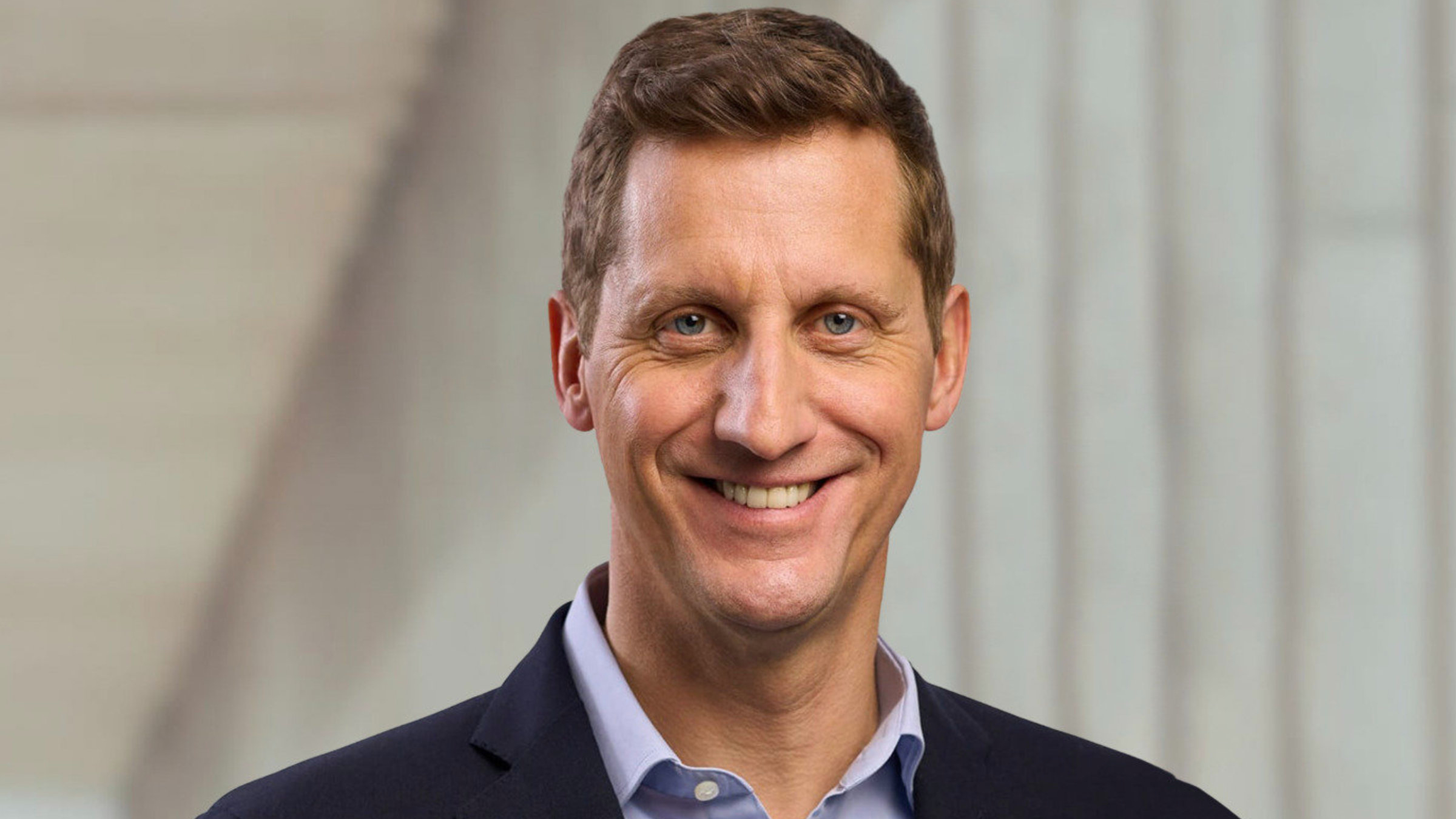
Christophe Bourdon, Leo Pharma CEO
Further shuffling at Leo Pharma as dermatology drugmaker splits R&D
Danish dermatology drugmaker Leo Pharma said it will split its R&D operations into two separate teams.
The company had about …
Sign up to read this article for free.
Get free access to a limited number of articles, plus choose newsletters to get straight to your inbox.